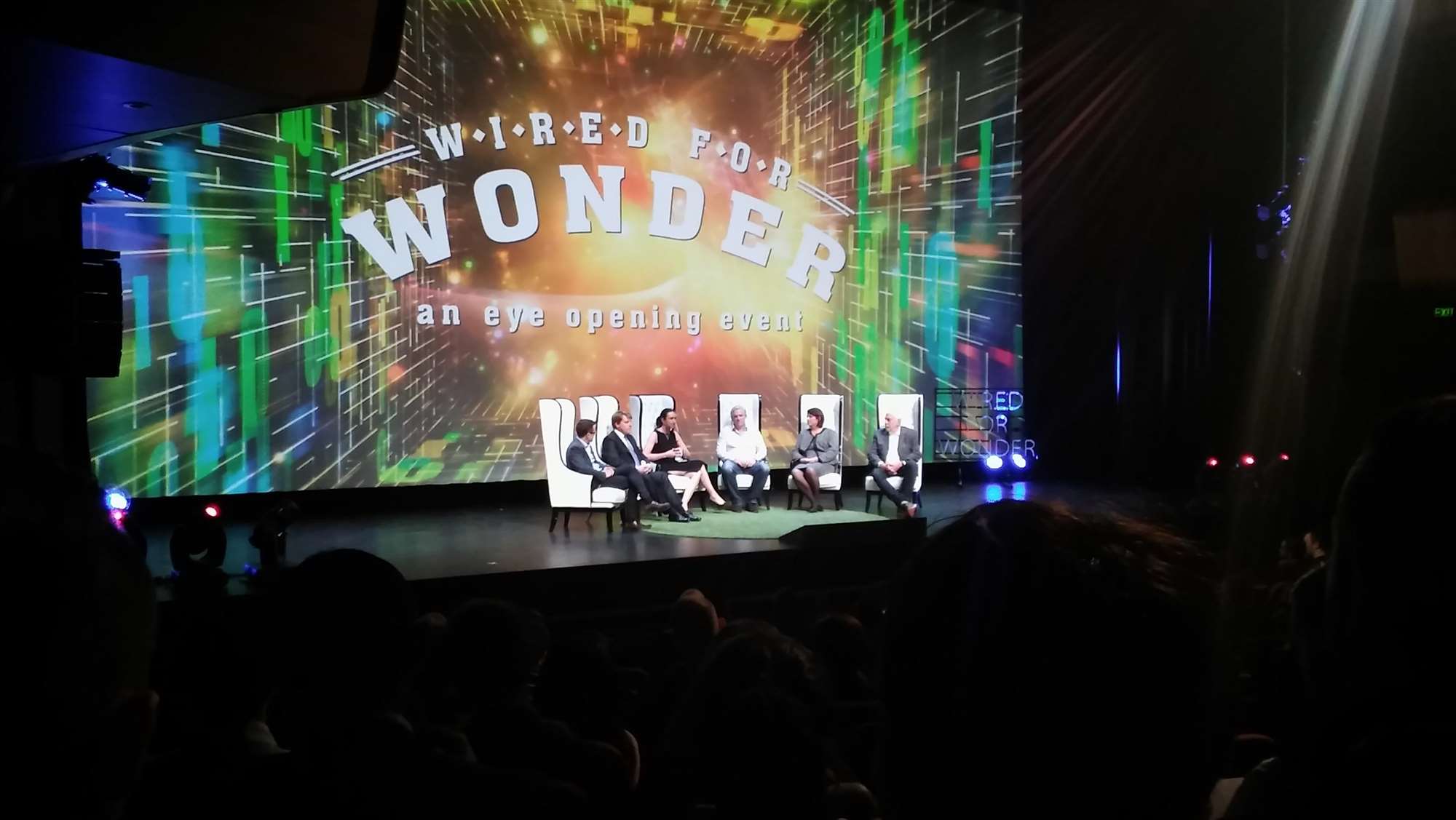While there’s a lot of talk about the digital skills one might need to function in an evolving business world, surprisingly little is said about the kinds of soft skills that could also prove valuable.
The Commonwealth Bank’s recent Wired for Wonder conference tackled the issue of “non-digital skills required in a digital age”.
It wasn’t just professionals that could benefit from developing and refining their soft skills; CBA CIO David Whiteing and Atari co-founder Nolan Bushnell saw the need to seed these skills with the next generation of workers to complement their assumed digital literacy.
“For any of us that have the responsibility of children, one of the key questions you think about is what’s the thing that you can do to encourage them and develop to make them successful going forward?” Whiteing said.
Bushnell concurred: “What are the skills you want to leave with your children when they leave the nest?
“Digital skills are fine but life skills are much better because they transition whatever happens.”
Himself a successful entrepreneur, Bushnell spoke of his enthusiasm in passing entrepreneurial and business skills on to his children, attribtues he sees as standing the test of time.
“Fundamental business skills I think are that important,” he said.
Others saw leadership and the ability to elicit a vision as particularly valuable.
Although there is a general belief that the digital future will usher in a decentralisation of work, where staff mostly work remotely and only meet in-person to collaborate occasionally, co-working space entrepreneur Brad Krauskopf believes this won’t necessarily be the case.
“I’m actually convinced that we’re absolutely going to keep coming into the central office and that ability to show up to work and be able to come into that central office is going to become more important, not less important in a digital world,” he said.
“I think people who are able to show up and excite others is going to be that key non-digital skill that people are going to need the most.”
BT Security president Mark Hughes agreed: “What I really need is people who have social skills [communication], who can get ideas across and who can actually create a vision, because without a vision, the ability to focus clearly doesn’t happen.”
Self-belief and determination were also seen as generally valuable soft skills in the digital age.
Bushnell recalled a conversation he had with the late Steve Jobs – one of Bushnell’s many claims to fame is as the first and only person to hire Jobs, who took a job at Atari.
“I can remember having a conversation with Steve Jobs and he was saying, ‘What do you do when nobody agrees with you?’
“I said, ‘If you’re sure it’s right stick to it because most of the people don’t have a clue about the future.’”
Bushnell cites Apple’s foray into music under Jobs as an example of others perhaps not being the best gauge of what might work in the future.
“Have you ever stopped to think about how crazy a personal computer company was when they got into the music business?” Bushnell said.
“But one crazy innovation in a computer company led to the largest market cap company in the world.
“True innovation happens [when] you have a single minded purpose [and are] absolutely unswayable.
“Those are some of the skills that are necessary for true innovation and hard to find.”
Jo Burston, founder of women’s entrepreneurial platform Rare Birds, agreed: “That relentless, persistent, resilient self-belief is something that is learnt over a period of time.
“I don’t think any digital device is going to achieve that skill.”
While much talk seemed focused on the need for inspired leaders, Bushnell believed there were soft skills every individual could benefit from acquiring – one of those being our willingness to pivot and change.
“We have to push ourselves outside of our envelope. Get uncomfortable,” he said.
“That’s the only way your brain is going to continue to be active.
“One of the problems with people as they age is they constantly self-select for more and more safety as opposed to experience and that causes your brain to wither up and die.”
Hughes agreed there was a need to constantly challenge yourself.
“Being able to perceive and take risks and sense risk both individually and collectively is one of those skills that I think we’re going to have to get a lot better at,” he said.
“That’s a skill which I think there’s a dearth of at the moment.
“How do we take risk and then don’t suddenly catch a cold where you disproportionately aggregate the risk without realising that you’ve done it?”










